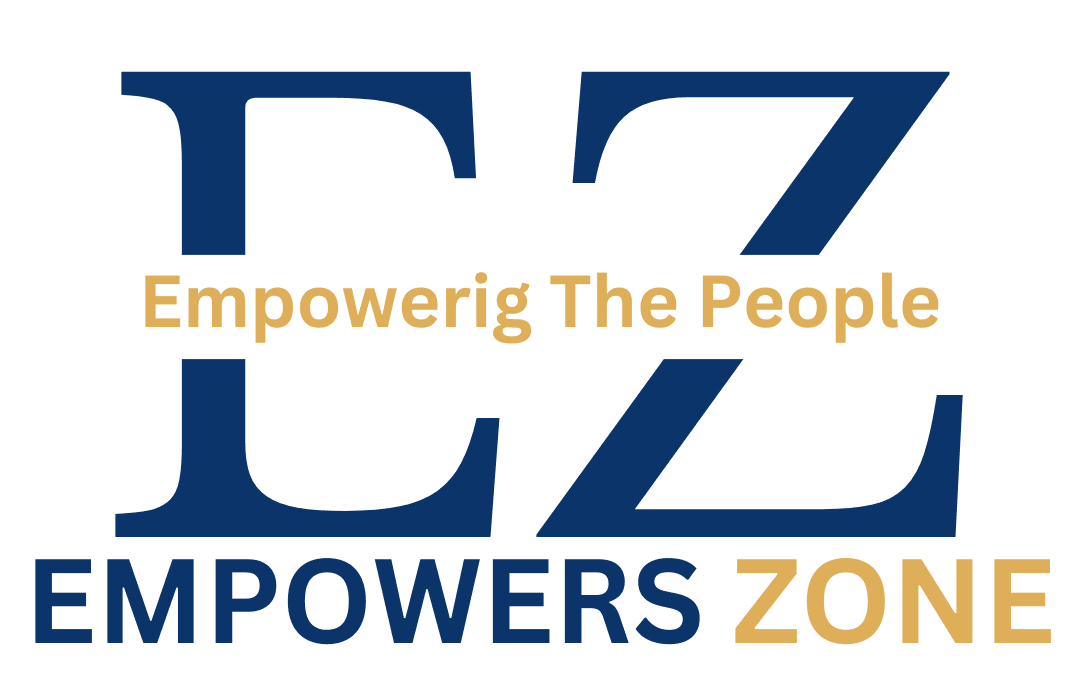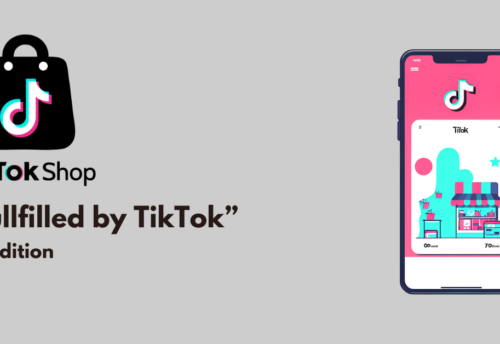
Amazon vs Walmart Marketplace: Which Platform is Better for Sellers in 2025?
The e-commerce landscape is dominated by two giants: Amazon and Walmart. Both platforms offer immense opportunities for sellers, but choosing the right marketplace can make or break your online business. Whether you’re debating Walmart Marketplace vs Amazon FBA, wondering about selling on Walmart Marketplace vs Amazon, or curious about Amazon vs Walmart market share, this blog will break down everything you need to know. We’ll also address common questions like is Amazon better than Walmart, is Walmart better than Amazon, and is Walmart Marketplace worth it. Let’s dive in!
Amazon vs Walmart Marketplace: An Overview
Amazon and Walmart are both e-commerce powerhouses, but they cater to slightly different audiences and offer unique advantages. Amazon is the undisputed leader in online retail, with a massive global reach and advanced fulfillment services like Amazon FBA (Fulfillment by Amazon). On the other hand, Walmart Marketplace is growing rapidly, leveraging its strong brick-and-mortar presence and reputation for low prices.
When it comes to Amazon vs Walmart for sellers, the choice depends on your business goals, product niche, and resources. Let’s compare the two platforms across key factors.
1. Selling on Walmart Marketplace vs Amazon: Which is Easier?
Amazon is known for its seller-friendly tools and robust infrastructure. With Amazon FBA, sellers can store their products in Amazon’s warehouses, and the company handles shipping, returns, and customer service. This makes it easier for sellers to scale their businesses without worrying about logistics.
However, Amazon’s marketplace is highly competitive, with millions of sellers vying for customer attention. Standing out requires strategic pricing, advertising, and excellent customer service.
Walmart Marketplace, on the other hand, is less saturated. This means less competition and a higher chance of your products being discovered. Walmart also has a simpler fee structure compared to Amazon, which can be appealing for new sellers. However, Walmart’s seller tools and fulfillment options are not as advanced as Amazon’s.
2. Fees and Costs: Walmart Marketplace vs Amazon FBA
One of the biggest considerations for sellers is the cost of doing business on each platform.
- Amazon FBA Fees: Amazon charges referral fees (typically 8-15% of the sale price) and fulfillment fees (based on product size and weight). While these fees can add up, they cover storage, shipping, and customer service, making it a convenient option for many sellers.
- Walmart Marketplace Fees: Walmart charges a referral fee (6-20% depending on the category) but does not have monthly subscription fees like Amazon’s $39.99 Professional Selling Plan. This can make Walmart more cost-effective for smaller sellers.
When comparing is Amazon cheaper than Walmart from a seller’s perspective, it depends on your product category and sales volume. Walmart’s lower fees can be a significant advantage, but Amazon’s extensive reach and fulfillment services may justify the higher costs for some sellers.
Also Read: How to Start and Scale Your Amazon FBA Business in 2025
Also Read: Walmart Seller Account: A Beginner’s Guide to Selling on Walmart Marketplace
3. Customer Base and Market Share
Amazon dominates the e-commerce space with a market share of around 37.8% in 2025, compared to Walmart’s 6.3%. However, Walmart is growing rapidly, especially in the grocery and everyday essentials categories.
If you’re selling niche products, Amazon’s vast customer base may be more appealing. But if your products align with Walmart’s core audience (budget-conscious shoppers), Walmart Marketplace could be a better fit.
4. Fulfillment and Logistics
Amazon’s FBA program is a game-changer for sellers. It allows you to leverage Amazon’s world-class logistics network, ensuring fast and reliable delivery. This is a major advantage when competing for the Buy Box and winning customer trust.
Walmart offers Walmart Fulfillment Services (WFS), which is similar to FBA but not as widely used. Many sellers on Walmart Marketplace handle their own fulfillment or use third-party logistics providers.
If fulfillment is a concern, Amazon FBA is the clear winner. However, if you prefer more control over your logistics, Walmart Marketplace might be the better choice.
5. Advertising and Visibility
Both platforms offer advertising options to boost product visibility.
- Amazon Advertising: Amazon’s ad platform is highly sophisticated, allowing sellers to run Sponsored Products, Sponsored Brands, and Display Ads. However, competition is fierce, and ad costs can be high.
- Walmart Advertising: Walmart’s ad platform is still evolving but offers lower competition and cost-per-click (CPC) rates. This can be a great opportunity for sellers to gain visibility without breaking the bank.
6. Grocery Delivery: Amazon vs Walmart
For sellers in the grocery and everyday essentials categories, Amazon vs Walmart grocery delivery is an important consideration.
Amazon Fresh and Whole Foods offer premium grocery delivery services, while Walmart leverages its physical stores for efficient grocery pickup and delivery. If your products align with Walmart’s grocery-focused audience, this could be a significant advantage.
7. Is Walmart Marketplace Worth It?
The answer depends on your business model and goals. Walmart Marketplace is worth considering if:
- You want to tap into a less competitive platform.
- Your products align with Walmart’s budget-conscious audience.
- You prefer lower fees and simpler logistics.
However, if you’re looking for global reach, advanced fulfillment options, and a massive customer base, Amazon is the better choice.
8. Amazon vs Walmart Market Cap and Growth
As of 2025, Amazon’s market cap is significantly higher than Walmart’s, reflecting its dominance in the e-commerce space. However, Walmart is investing heavily in its online marketplace and omnichannel strategies, making it a strong contender for future growth.
9. Reddit Insights: Walmart Marketplace vs Amazon
A quick search on Walmart Marketplace vs Amazon Reddit threads reveals mixed opinions. Some sellers praise Walmart’s lower fees and less competitive environment, while others highlight Amazon’s superior tools and customer reach. Ultimately, the best platform depends on your specific needs and resources.
Conclusion: Which Platform is Better for Sellers?
When it comes to Amazon vs Walmart Marketplace, there’s no one-size-fits-all answer. Amazon offers unparalleled reach, advanced fulfillment options, and a massive customer base, but it comes with higher fees and intense competition. Walmart Marketplace, on the other hand, provides a less saturated platform, lower fees, and a growing customer base, but with fewer tools and resources.
Before deciding, consider your product niche, target audience, and business goals. Many sellers find success by leveraging both platforms to maximize their reach and revenue.
So, is Amazon better than Walmart? Or is Walmart better than Amazon? The answer lies in your unique business needs.




Leave a Comment